Let’s face it, most restaurant managers don’t like dealing with their Kitchen Exhaust Cleaning providers. It’s a necessary evil and an invasive service process. It requires paying a manager to stay with the provider through a lengthy process. Unfortunately, it must be done to ensure that the system is maintained to code and that there aren’t excessive amounts of grease accumulation hiding in the system that could cause a fire. Most don’t understand that the Kitchen Exhaust Cleaning Service and your Semi-Annual Fire Suppression inspections go hand in hand. Without one another the system is destined for failure.
Proper cleaning of your kitchen exhaust system ensures that the detection devices in your system operate as designed by the manufacturer of your fire suppression system. Setting your system up on the correct frequency for Kitchen Exhaust Cleaning Services helps maintain clean nozzles, links, and removes excess grease that could overwhelm your fires suppression system. Excess accumulation can cause nozzles not to disperse properly, links or detection devices to malfunction, or even allow the fire to reach beyond the fire suppression system into your duct system in the event of a fire. Maintaining the proper certifications for both Fire Suppression and Kitchen Exhaust Cleaning are both critical to protecting your Facility, Employees, Customers, and Investment in your business.
Vetting a certified kitchen exhaust cleaning company is crucial to ensure that they can effectively and safely clean your kitchen’s exhaust system. Here are five steps to help you in the vetting process:
-
Check Certifications and Compliance:
- Ensure that the company is certified by relevant industry organizations, such as the International Kitchen Exhaust Cleaning Association (IKECA) or the National Fire Protection Association (NFPA). Certification indicates that the company follows industry standards and best practices.
- Verify that the company complies with local, state, and national regulations regarding kitchen exhaust cleaning and fire safety. They should have the necessary licenses and permits.
-
Ask for References and Reviews:
- Request references from the company and contact past clients to inquire about their experiences. You can also check online reviews and ratings on platforms like Yelp or Google to gauge customer satisfaction.
- Pay attention to any recurring issues or complaints mentioned in reviews, and ask the company about how they address and resolve such concerns.
-
Verify Insurance and Liability Coverage:
- Ensure that the company carries adequate liability insurance and workers’ compensation coverage. This is essential in case of accidents, damage, or any mishaps during the cleaning process.
- Request a certificate of insurance and confirm that the coverage is up to date.
-
Assess Experience and Expertise:
- Inquire about the company’s experience in the industry and their track record of providing kitchen exhaust cleaning services. A well-established company with years of experience is likely to be more reliable.
- Ask about the qualifications and training of their technicians. They should be knowledgeable about the specific requirements and risks associated with kitchen exhaust cleaning.
-
Request a Detailed Proposal:
- Ask for a written proposal that outlines the scope of work, including the specific cleaning methods, frequency, and any additional services they provide, such as fan maintenance or grease trap cleaning.
- Request a cost estimate and compare it with other reputable companies to ensure it is competitive and reasonable.
In addition to these steps, it’s also essential to trust your instincts and evaluate the company’s professionalism, responsiveness, and willingness to answer your questions. Choosing a reputable and certified kitchen exhaust cleaning company can help ensure the safety and efficiency of your commercial kitchen.
Our sister company, Hood Boss Kitchen Exhaust Cleaning, can help you out with all of you kitchen exhaust cleaning needs.
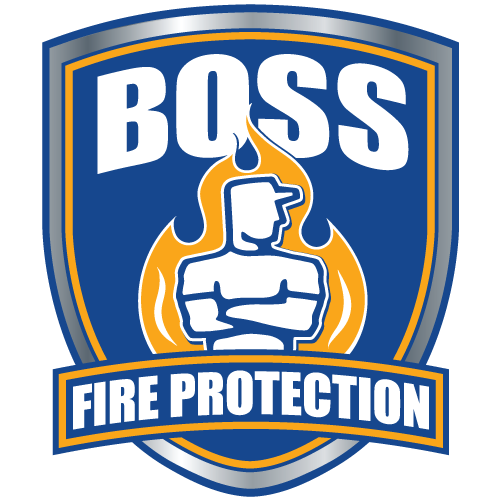

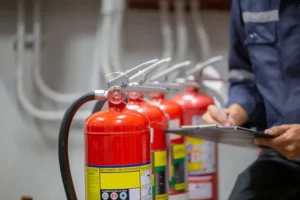
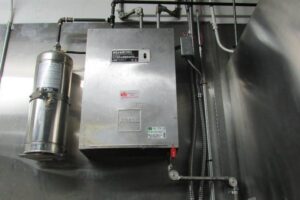
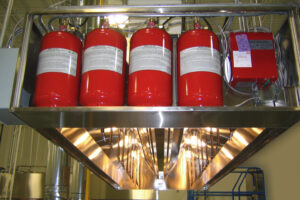
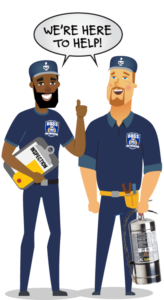
Leave a Reply
Your email is safe with us.